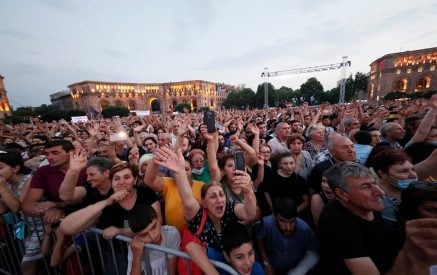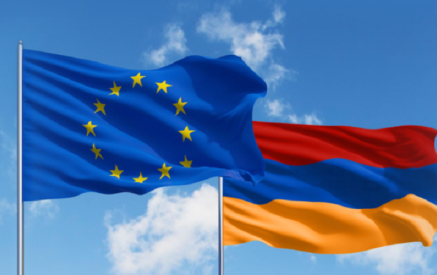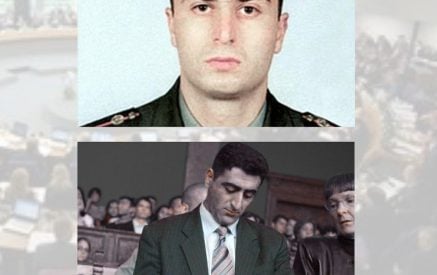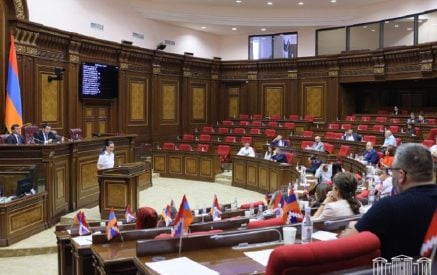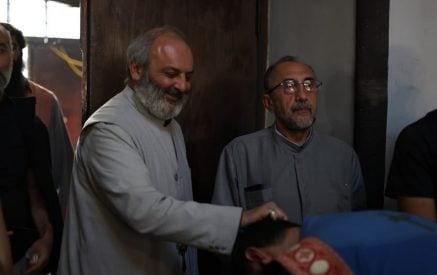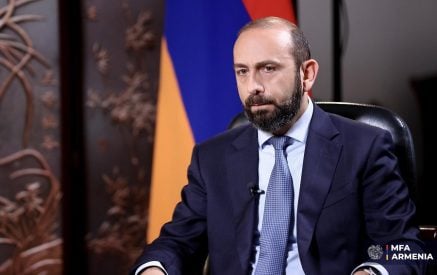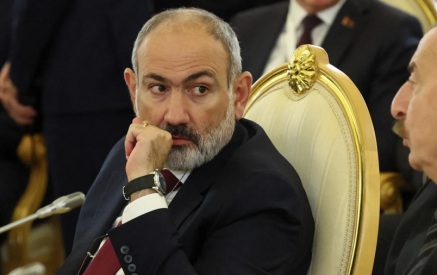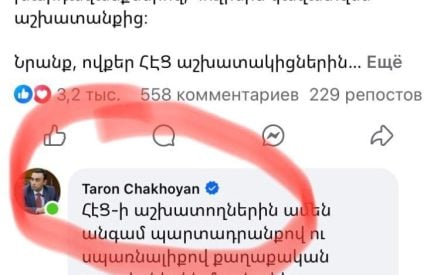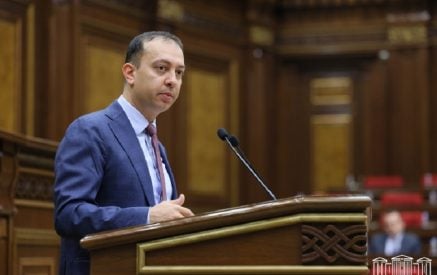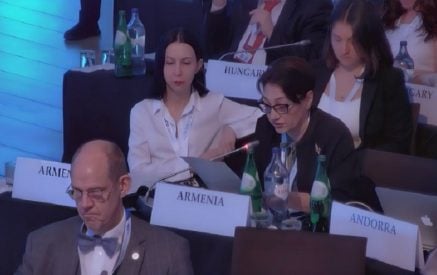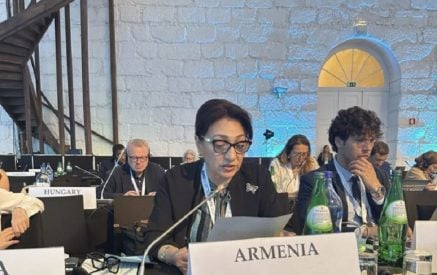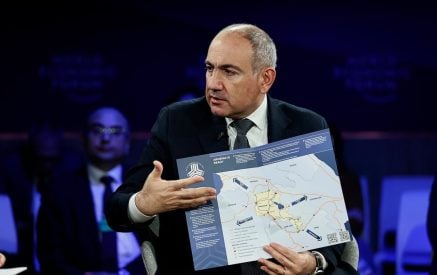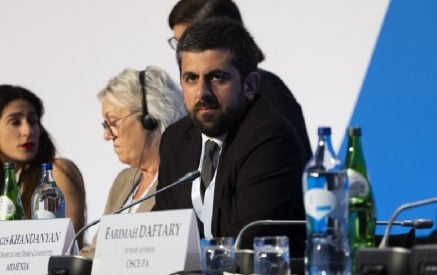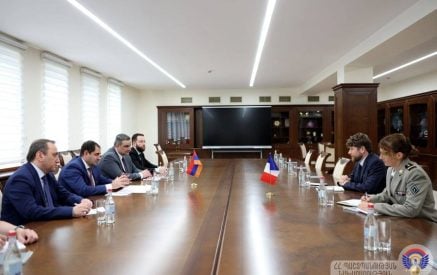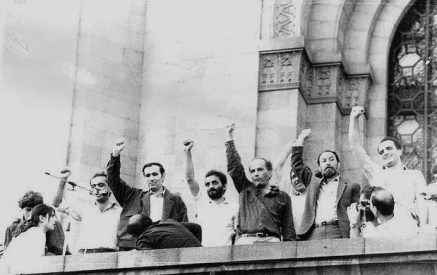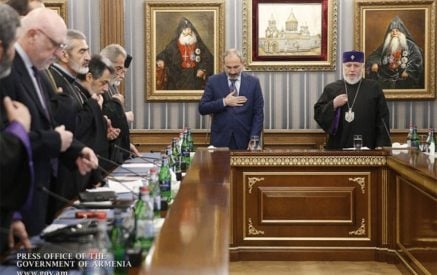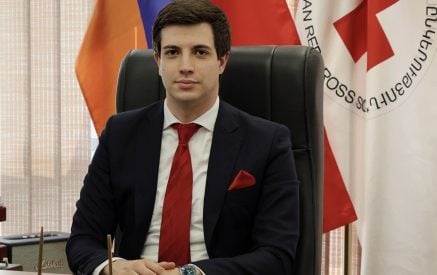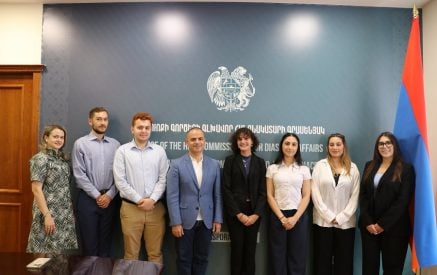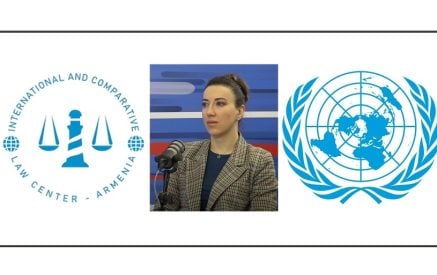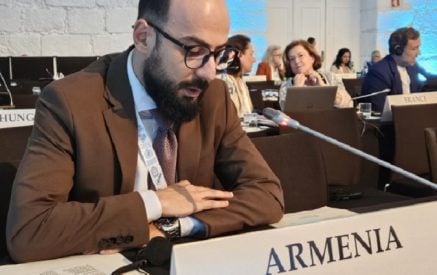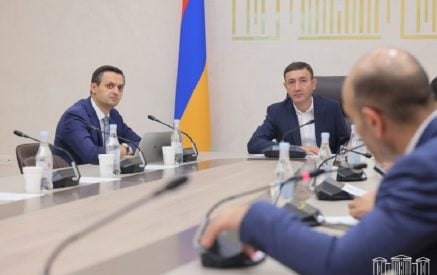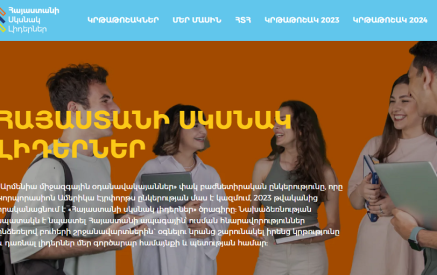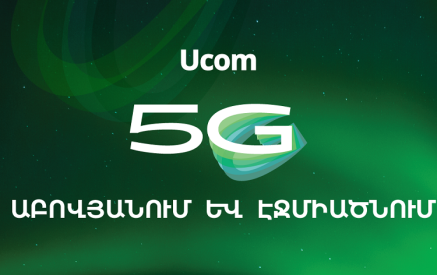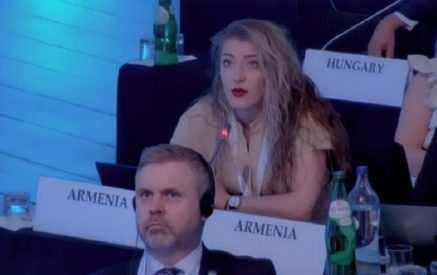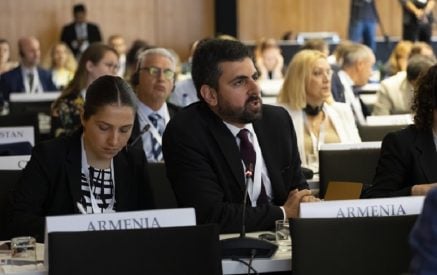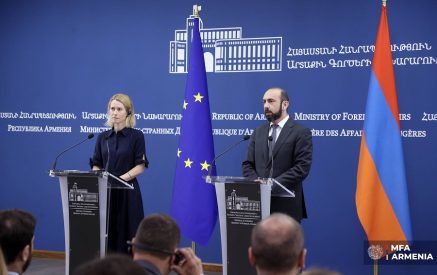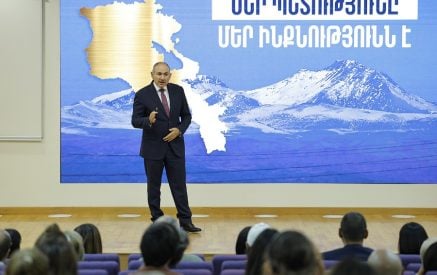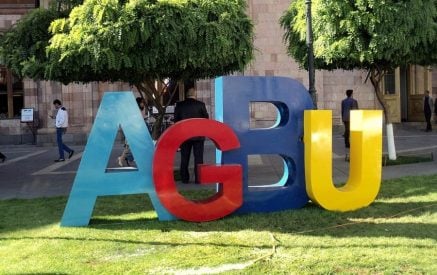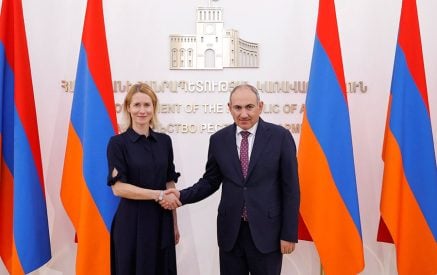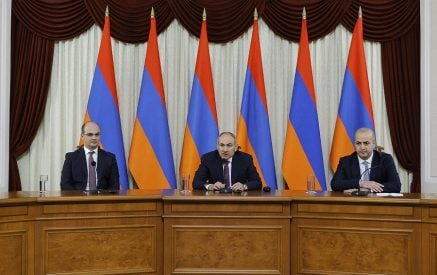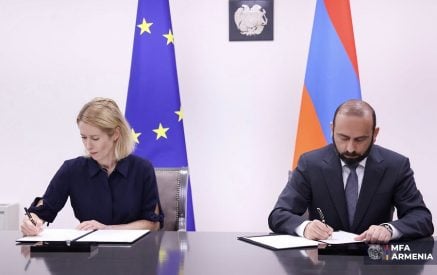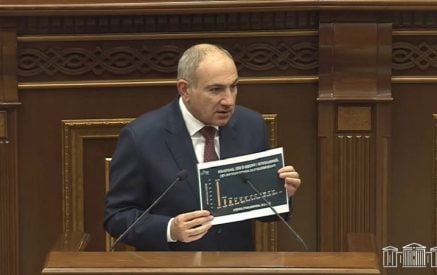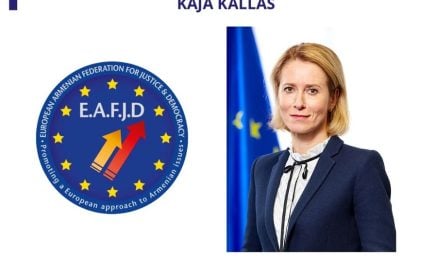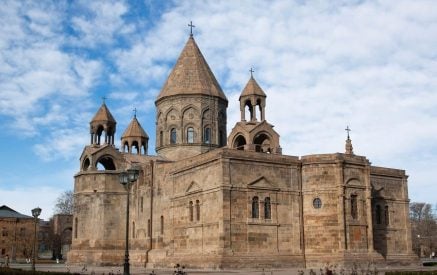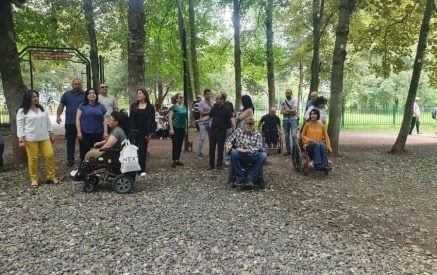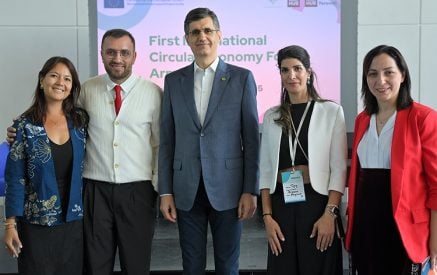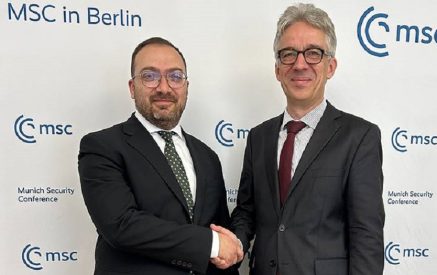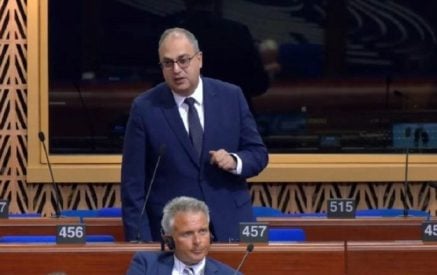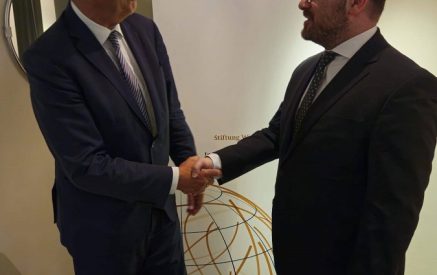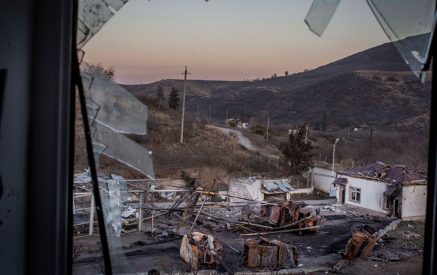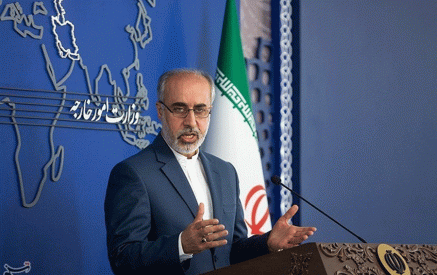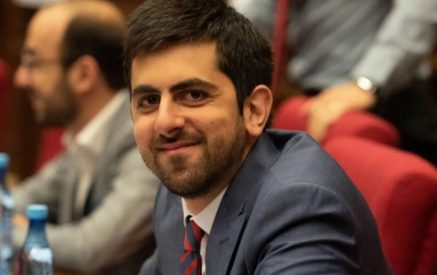“Aravot” interlocutor is Iranian-Armenian political commentator Sahak Shahmuradyan.
– Mr. Shahmuradyan, Turkish President Erdogan recently said. “The problem of Zangezur Corridor is related to Iran; Iran’s stance on this issue saddens Azerbaijan and us.” What is Iran’s position on this issue, and why are Turkey and Azerbaijan concerned?
– Recently, a significant turn has been observed in the sphere of Iran’s geo-economic policy in terms of the orientation towards the Eastern superpowers. Iran is trying to increase its economic, political, and communication cooperation with China and Russia. It is already known that Russia and Iran are in a difficult situation regarding international sanctions, which has led to the development of Iran’s cooperation with EAEU and Shanghai Cooperation Organization member countries; why not also with India? And Iran hopes that trade liberalization with EAEU, Russia, China, and BRICS member countries can contribute to expanding Iran’s regional trade relations. On the other hand, a power like Turkey in the region has grand ambitions to become an economic and politically dominant power in the mentioned organizations, especially in the Turkish-Russian alliance and in Central Asia and Eurasia.
Moreover, with the economic, transport, banking, financial, shipping, security, scientific and arms purchase and industrial multilateral cooperation agreement signed between Tehran and Moscow, as well as between Iran and China, Iran will become a transit hub for goods, grain, energy and sea and land routes. And the completion of the North-South corridor project will play an essential role in the cooperation of the three powers in this matter. Undoubtedly, the North-South Corridor, which was still in focus due to the outbreak of war in Ukraine and the situation created by the Western blockade of Russian ports on the Black Sea, has become more important due to the energy crisis and the crisis of grain and energy transit caused by the war in Ukraine.
Read also
Russia tries at any cost to make its products available in different directions to interested international markets and buy Russian raw materials, oil and gas, weapons, and grain. Iran is also in the same situation with slight differences, so the North-South Transit Road is of interest to both Iran and Russia. Still, its importance and standards are slightly different from each other. Iran is interested in removing the communication blockades of Armenia and Azerbaijan and establishing stability and peace in the Caucasus region, using all communication opportunities to the Eurasian Economic Union, the Central Asian region, the EU, Russia, and the Black Sea to export its energy carriers and products. Here, the interests of Armenia and Iran coincide, but in some respects, they cross the interests of the other acting powers, Russia and Turkey.
Ankara and Russia have a particular and independent perception of the North-South and East-West corridors. Those states in the Eurasian and Caucasian regions pursue only the provision of their economic, political, and security unilateral interests. However, there is another option and a competitive factor, especially in the Caucasus region, and it is the option of the “Zangezur” false corridor, the thesis of which is put forward first by Turkey, then by its old friend Russia.
Russia, in particular, has a significant role to play here, which wants to implement the project of North-South and East-West corridors with plans to advance its interests. Russia has designed its plans to open a transit road through the territory of Azerbaijan to Iran, the Persian Gulf, and India, and the East-West transit road and the road connecting the Near-Caspian region to Central Asia and China will again pass through the territory of Azerbaijan, Armenia, from the Syunik Marz to Turkey.
In the latter case, the interests of Turkey, Azerbaijan, and Russia coincide, but not Iran. That is where one can understand the meaning and content of Erdogan’s latest statement, which is that Turkey is trying, at any cost, to align its interests with those of Russia and oppose its rival power Iran, in implementing the Zangezur false corridor plan, aside from leaving the interests of Iran and Armenia. Thus, it tries to gain advantages in the Caucasian and Middle Asian regions. In my opinion, the statement made by Erdogan in Baku about the false corridor of “Zangezur” should worry the authorities of Iran and Armenia more than the authorities of Azerbaijan because Azerbaijan stands by Turkey and Israel in this matter and is opposed to Iran.
– There is a lot of talk that Armenia should form a political and security alliance with Iran. What is the possibility in this direction?
– At the moment, there is no possibility. First, Armenia is a member of various Russian military-political, economic, security, financial, and many other restrictive treaties and alliances, such as EAEU, CSTO, and CIS. Meanwhile, Iran is not a member of these organizations and conducts an independent policy in the international and regional arenas. On the other hand, Iran is not ready to form a binding security, economic and political alliance with either Armenia or Azerbaijan or even any other state. It is clearly stated in the Iranian constitution that Iran pursues an independent policy globally but is ready to cooperate with all friendly countries that do not threaten its security. And on the other hand, Armenia also needs a clear policy regarding cooperation with Iran because it is clear that it has limitations. The superpowers are putting pressure on Yerevan to be more restrained in political and economic relations with Iran.
However, Iran does not have such restrictions on expanding cooperation with Armenia. Moreover, new manifestations of Iran’s desire to ease the strained relations with Azerbaijan have recently been noticeable. The spokesman of the Ministry of Foreign Affairs of Iran, Nasser Kanani announced that negotiations were held between the foreign ministers of Iran and Azerbaijan to ease the tension. At the last stage of the talks, some agreement was reached to regulate relations.
The exchange of technical and specialized delegations between the two countries is part of the agreement between the parties. Kanani added: “Now we are negotiating to move from the tension phase to a new phase and resume Azerbaijan’s activities in Iran.” This means that Iran is trying to cooperate with Azerbaijan for the implementation of the North-South transit road project, taking into account the interests of Russia, and, based on its economic and security interests, to ease the political tension with Azerbaijan, to move to the stage of economic and transport cooperation policy.
Roza HOVHANNISYAN
“Aravot” daily, 17.06.2023



